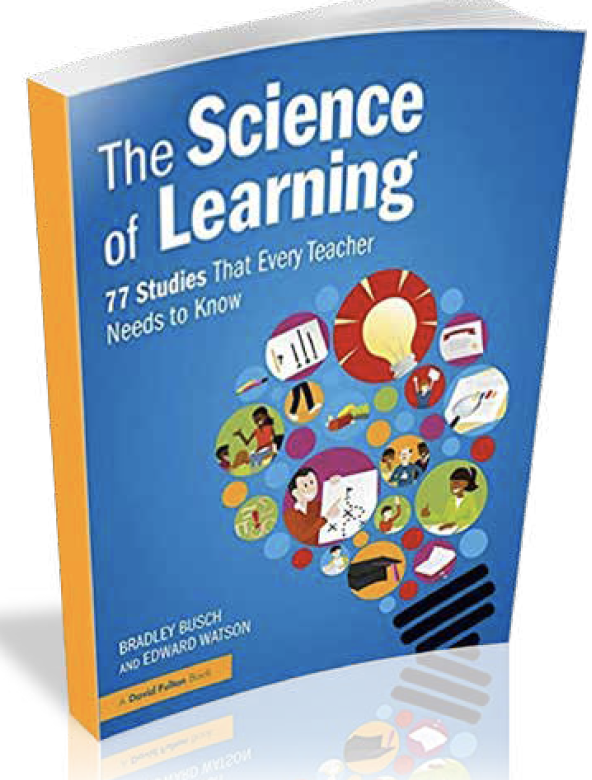I don’t know about you, but January seems extra “meh” this year. A good deal of music educator association groups around the world have cancelled the usual festivals and contests, or have taken them virtual this year, leading to goal posts and repertoire selection that looks a little different from a normal year.
Many of us are switching from in-person to hybrid to full remote and back again. When remote, it is difficult to do the usual ensemble things. Technique books and collections can fill the gap, and can make it easier to assign exercises online, keeping students progressing no matter what learning situation you are in. Here are two I have used over the years that offer a little more than your average book for your grade 3 ensembles.
String Techniques for Superior Musical Performance by Robert Frost (published by Kjos) is a very well-rounded book for your grade three-ish ensembles. In addition to the usual scales, it offers an extensive section on chromatic scales and etudes, which are important skills to develop at this level. Those exercises are in unison pitch, allowing for great listening across the ensemble.
If your group struggles with tuning scales and pitches, there are exercises on tuning chords on scale tones. There are also some multi-flex part ensemble pieces to keep your groups on their toes with both harmony and melody parts. The great thing about the scales and etudes in this book are the fact that they are extremely playable by ensembles who struggle with work out of first position. You can work on all the other techniques (dynamics, chromatics, bow stroke and more advanced keys) without having to worry about excessive shifting and position work, which is a plus for ensembles that are in the grade three range but are less mature on this aspect of their technique. If you are looking at developing more advanced bow strokes and chromatic techniques, this is your book. If you are looking to develop playing in positions, there are other options out there. Distance learning assignments could have the students film the difference between the different bow strokes, or have a drone recorded in Soundtrap or BandLab that students can play their scale or etude over.
A Scale in Time by Erwin, Horvath, McCashin and Mitchell, (published by Kjos) offers two octave major and minor scales (natural, harmonic and melodic) with harmonizations and flexpart chorales, which are useful in whatever instrumentation setting you are in at the moment. Since it offers most of the scales in two-octave varieties, there is some position work for all instruments, which can help develop those skills, but this book does not focus on that specifically. This book really shines in its harmonized scales in four-part harmony where each instrument gets access to each part, and in its four-part chorales.
If you are looking to teach alternate scales used in jazz and Greek modes, it also offers those and lays it out well theoretically with half and whole steps for the students. To build improvisation skills, this book also offers improvisation loops, where the orchestra plays some set parts, and then the students are told which notes they can use where, which helps to build jazz orchestra skills. In a distance setting you could use an app like Soundtrap or BandLab, you lay in the orchestra tracks, and the students have to record themselves improvising over it for an assignment.
These are two books that are staples in my program, for those high-level middle school groups or lower level high school groups where lessons are sporadic. It allows technique to be developed in small doses, without just using your programming. If you are in a distance learning situation, this is the perfect time to have students develop and practice these techniques, which then you can refine when we are all back, and apply in whatever programing you would want to do.
Lesley Schultz currently teaches orchestra and secondary general music at Princeton City Schools (Cincinnati, OH). She earned her Bachelor of Music Education from West Virginia University and her Masters of Music Education from Ohio University. Lesley is a Level 2 Google Certified Educator. Lesley keeps an active performing schedule around the state of Ohio, performing with several regional symphonies on viola. She is a member of TI:ME and serves as OMEA Conference Liaison for OMEA and on the conference committee for TI:ME. Lesley is a columnist for SBO Magazine. In her copious amounts of spare time, she enjoys knitting, watching West Virginia Mountaineer sports and spending time with her family.



























